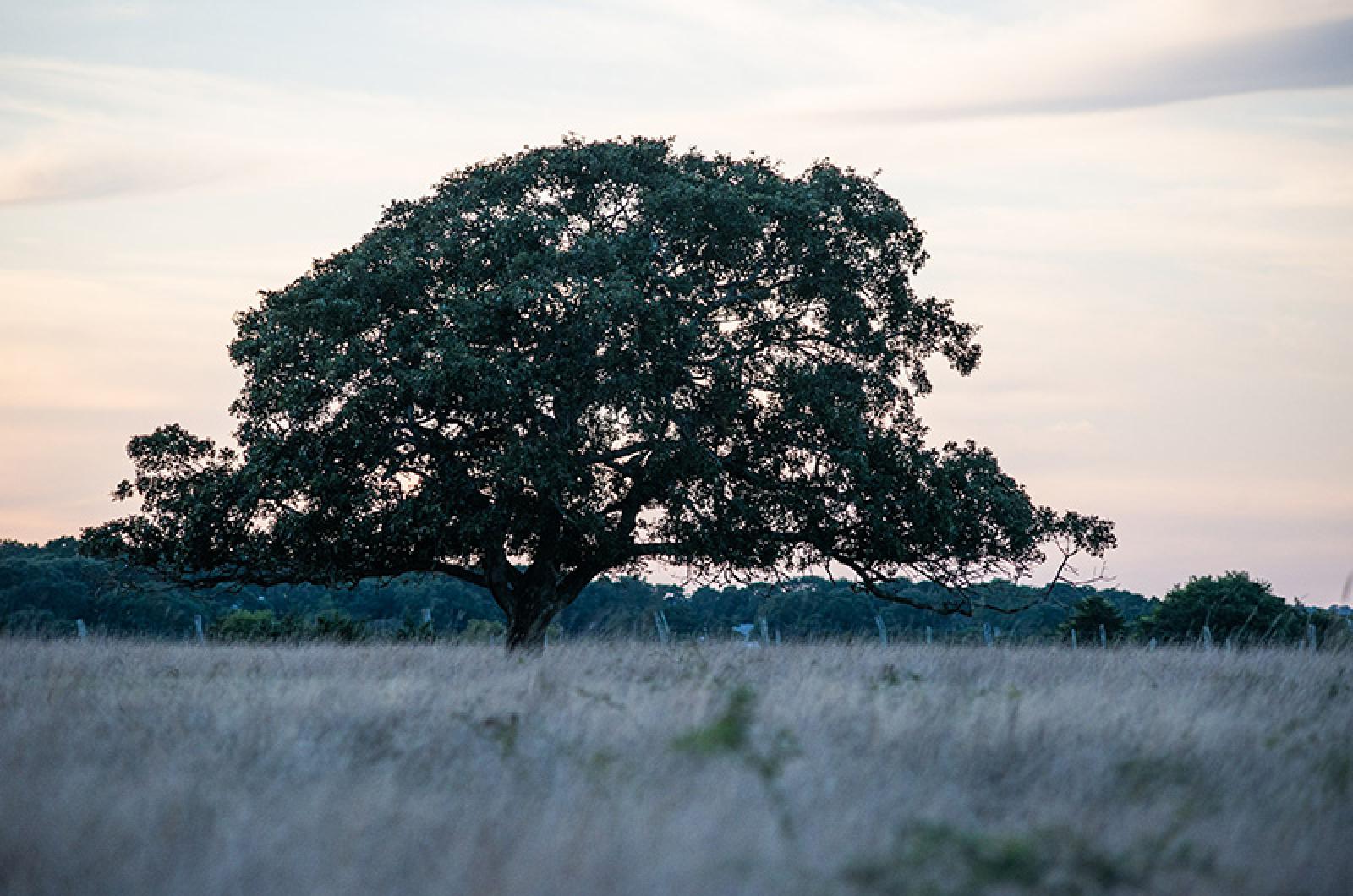On the Vineyard as elsewhere, this has been a summer like no other. It’s hard not to feel somewhat safer and calmer here, especially after 65 prior summers, and spring in Manhattan was no picnic. But it’s also impossible not to think about those who are suffering, here and across the country.
Days in West Tisbury have blended together more than before, but while maintaining a semblance of normalcy and waiting for all our crises to pass, a certain monotony isn’t the worst feeling. I welcome the pure passage of time.
The days have been full and sometimes useful; I’m getting better at growing tomatoes and cutting my own hair. Even an odd bit of poetry has escaped through the cracks of my decidedly non-poetic sensibility. But I don’t dream of being a poet or even like the idea. I’m a literalist, and I dream (literally) of hugging my grandson and cradling my 10-week-old granddaughter, who is learning to smile. In reality, that will have to wait until at least next year.
Meanwhile, I find substitution in words and books. Besides watching news and ball games, I’ve gotten just enough writing done to justify, or at least explain to myself, the mess that is my office. And having completed some writing projects, I’ve allowed myself more time for reading.
Right now I’m revisiting James Joyce’s Ulysses, guided on Zoom (along with a few hundred fellow Vineyarders and Swarthmore College alumni) by the literary scholar Philip Weinstein, who lives in Aquinnah. I first read Joyce in college. It was spring semester of my senior year, as I was preparing to take exams covering two years of seminar work. That same semester, I read another monumental book: Kant’s Critique of Pure Reason.
While dazzled by Kant, I was also thrilled by my initial immersion in Joyce, which included his exquisite (and much more accessible) early novel A Portrait of the Artist as a Young Man. I don’t know what happened to my original copy of Ulysses, but the paperback edition of Portrait I’m now using is the same one I read in 1975. It has my textual notes and underlining from almost a half-century ago: a portrait of a wannabe scholar, or if nothing else a lifelong student, as a young man. Page by page, I share his sense of what matters, and revel in Joyce’s preparation there for Ulysses and the reinvention of the novel.
There can be no summing up of Ulysses; it is its own immersive literary universe. But as Joyce himself said in a letter to his niece, when her mother forbade her to read it: “If Ulysses isn’t fit to read, life isn’t fit to live.”
It’s always a comfort, but especially in this plague year, to revisit great books. Transcending time, they rescue us from the moment. No book inhabits, investigates and transcends time like Ulysses. And it’s a pleasure to bide time on almost any Island, but especially this one. After five months here, I’m almost ready to return to the smaller, noisier one where I spend the balance of my time and cast my vote.
In the environs of Manhattan a person can fish, sail, take walks, barbecue, or go to the beach. But it’s no place for contemplation. In fact, there’s no place like the Vineyard for a writer or a reader. There’s no better place for words, and no place like home.
Jeff Scheuer lives in West Tisbury and New York city.




Comments (3)
Comments
Comment policy »